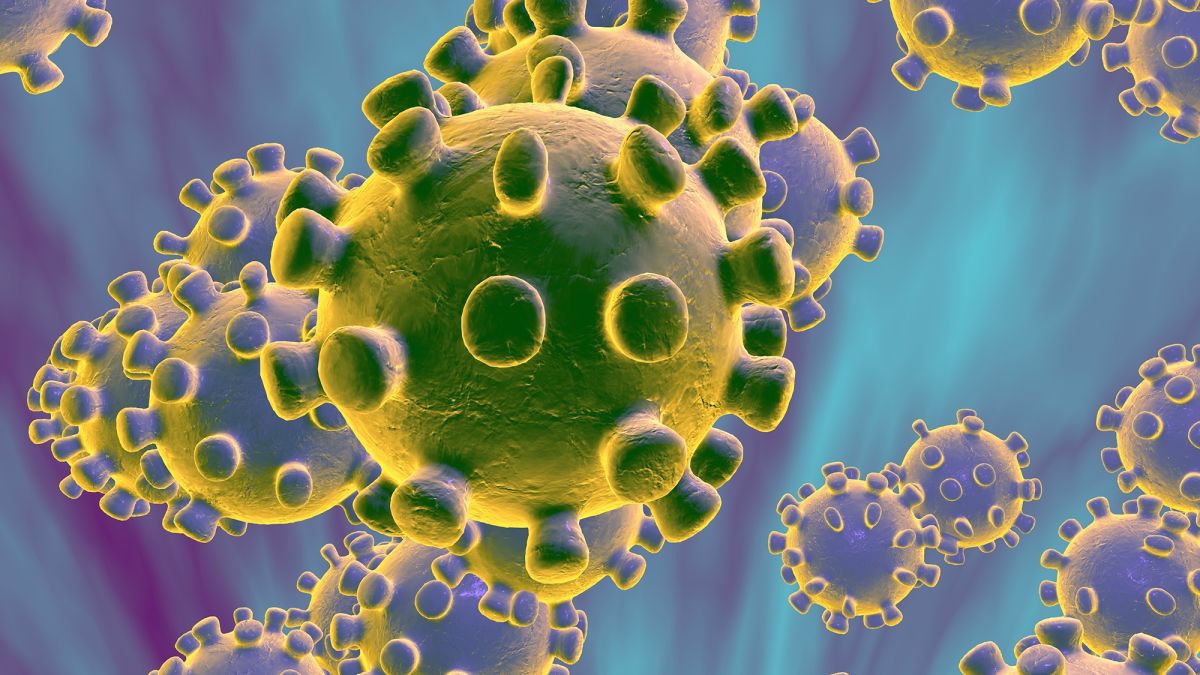
The World Health Organization (WHO) has declared the Covid-19 outbreak a global pandemic as the novel coronavirus continues to rapidly spread worldwide.
What is a pandemic?
Declaring a pandemic has nothing to do with changes to the characteristics of a disease, but is instead associated with concerns over its geographic spread. According to the World Health Organization, a pandemic is declared when a new disease for which people do not have immunity spreads around the world beyond expectations. The current pandemics are HIV/AIDS and coronavirus disease 2019 (COVID-19). Some of the most severe past pandemics include the 1918 influenza pandemic (Spanish flu) and the 2009 flu pandemic (H1N1).
“WHO has been assessing this outbreak around the clock and we are deeply concerned both by the alarming levels of spread and severity, and by the alarming levels of inaction. We have therefore made the assessment that COVID-19 can be characterised as a pandemic,” said WHO Director-General Dr Tedros Adhanom Ghebreyesus at a media briefing on Covind-19 on March 11.
“Pandemic is not a word to use lightly or carelessly. It is a word that, if misused, can cause unreasonable fear, or unjustified acceptance that the fight is over, leading to unnecessary suffering and death,” he said.
“Describing the situation as a pandemic does not change WHO’s assessment of the threat posed by this virus. It doesn’t change what WHO is doing, and it doesn’t change what countries should do. We have never before seen a pandemic sparked by a coronavirus. This is the first pandemic caused by a coronavirus,” Dr Tedros added.













Comments